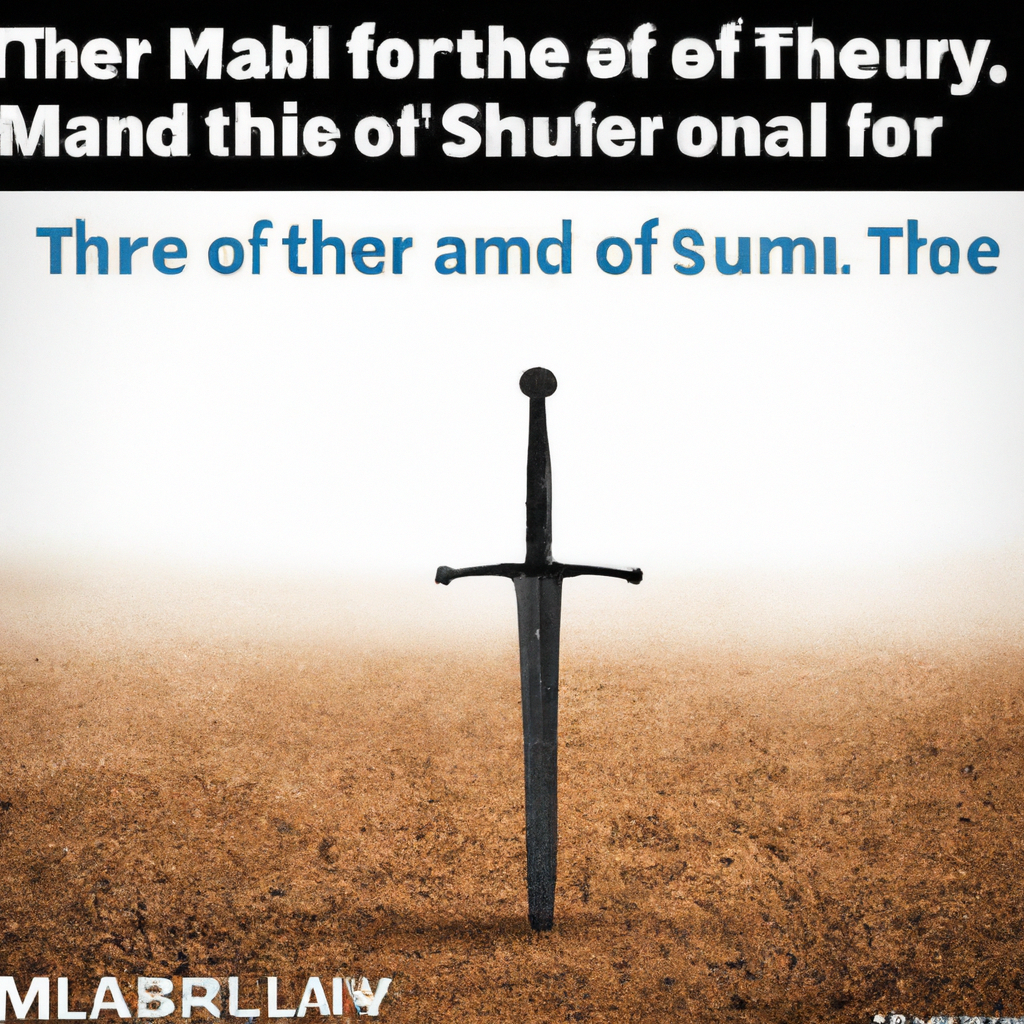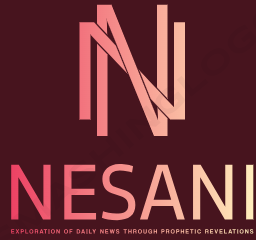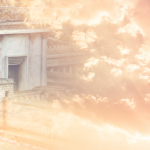In the realm of religious beliefs, one question that often arises is whether there is a belief in a final battle or war centered in Israel before the End of Times. This intriguing topic delves into the depths of eschatological theories and the role Israel plays in various religious narratives. Whether you are interested in biblical prophecy, apocalyptic theories, or simply curious about the connections between religion and geopolitics, this article explores the different perspectives surrounding this fascinating belief.
Historical Context of the Belief
Origins of the belief in a final battle in Israel
The belief in a final battle in Israel before the End of Times has its roots in ancient religious traditions. The concept can be traced back to biblical prophecies and texts, particularly in the Abrahamic religions of Judaism, Christianity, and Islam. These prophecies speak of a climactic conflict in Israel that will mark the end of the world as we know it.
Development of the belief throughout history
Over the centuries, this belief has evolved and been interpreted in various ways by different religious communities. Ancient Jewish texts, such as those found in the Hebrew Bible, mention the coming of a Messiah who will bring about a time of peace and justice. Similarly, Christian scriptures speak of the return of Jesus Christ and the ultimate defeat of evil forces. Islamic traditions hold that the Mahdi, a messianic figure, will appear before the Day of Judgment and establish a reign of righteousness.
Religious Perspectives on the Final Battle
Judaism’s belief on the Final Battle
In Judaism, the belief in a final battle is associated with the coming of the Messiah. Jewish tradition teaches that the Messiah will defeat the enemies of Israel and establish a period of peace and unity. However, there are differing interpretations within Jewish communities about the specifics of this final battle and the role of the Messiah.
Christianity’s belief on the Final Battle
Christianity also holds strong beliefs regarding the final battle. According to Christian teachings, Jesus Christ will return to Earth, defeat the Antichrist, and establish his kingdom. This battle, often referred to as Armageddon, is depicted as a cosmic struggle between the forces of good and evil. Christians eagerly anticipate Christ’s return and the ultimate fulfillment of God’s plan for humanity.
Islam’s belief on the Final Battle
In Islamic belief, the final battle is closely tied to the appearance of the Mahdi, a figure believed to be guided by divine revelation. Muslims anticipate the Mahdi’s emergence before the Day of Judgment, where he will establish justice and fight against oppression. The final battle, known as the Malhama, is believed to herald the end of the world and the subsequent resurrection.
Other religious perspectives on the Final Battle
Beyond the Abrahamic faiths, other religious traditions also have their own beliefs about a final battle. Hinduism, for instance, foretells the coming of Kalki, the tenth and final avatar of Lord Vishnu, who will restore righteousness through a great battle. Similarly, some native American and African spiritual traditions speak of a final battle where good triumphs over evil, leading to the renewal of the world.

Interpretations and Variations of the Belief
Different interpretations of the Final Battle
Despite the shared belief in a final battle, there are diverse interpretations within each religious tradition. Within Christianity, for example, interpretations of Armageddon range from a literal battle to a metaphorical struggle between light and darkness. Different schools of thought within Islam also present varying timelines and interpretations of the final battle and the role of the Mahdi.
Variations in prophecies and timelines
Prophecies concerning the final battle and the events leading up to it often differ across religious texts and interpretations. Some traditions provide specific details about the key figures involved in the battle, while others offer more general descriptions. Additionally, the timelines for the occurrence of the final battle also vary, with some believers expecting it to happen imminently, while others see it as a distant future event.
Major Events and Figures Associated with the Final Battle
The Antichrist in Christian belief
Christianity identifies the Antichrist as a central figure in the final battle. According to Christian teachings, the Antichrist will rise to power and deceive many, leading them astray. However, the Antichrist will ultimately be defeated by Jesus Christ during the final battle.
Gog and Magog in various traditions
In both Islamic and some Christian traditions, Gog and Magog are associated with the final battle. They are often portrayed as evil forces that will be unleashed before the end times. While there is debate about their precise identity, they are generally understood as representing chaos and discord.
The Mahdi in Islamic belief
In Islamic belief, the Mahdi plays a significant role in the final battle. As the prophesied redeemer, the Mahdi is expected to lead the forces of righteousness and establish a just society. His emergence is seen as a precursor to the final battle and the eventual Judgment Day.
Messiah in Jewish belief
Judaism holds that the arrival of the Messiah will bring about the final battle. The Messiah is seen as a savior who will defend Israel and redeem humanity. Jewish beliefs regarding the Messiah’s identity and the specifics of the final battle have varied over time and continue to be debated within the Jewish community.

Debates and Controversies Surrounding the Belief
Critics of the belief
There are critics who question the literal interpretation of the final battle prophecies. Some argue that these prophecies should be understood symbolically, representing inner spiritual struggles rather than actual apocalyptic events. Skeptics also point out that past predictions of the end times have proven to be inaccurate, leading to doubts about the credibility of such beliefs.
Interfaith discussions and disagreements
Interfaith dialogues often encounter disagreements when discussing the concept of a final battle. While there can be shared understanding and respect, theological differences and interpretations sometimes lead to debates. However, many interfaith gatherings focus on finding common ground and promoting peace, despite varying perspectives on the final battle.
Modern Influences on the Belief
Political implications of the belief
The belief in a final battle in Israel has political implications as well. In the Middle East, this belief intertwines with the Israeli-Palestinian conflict and contributes to tensions in the region. Some political movements incorporate these views into their ideologies, influencing policies, and actions.
Influence of mass media and popular culture
Mass media and popular culture have also played a role in shaping beliefs surrounding the final battle. Books, movies, and TV shows with apocalyptic themes have gained widespread popularity, further fueling public interest and fascination. These depictions often draw from various religious beliefs, shaping public perception of the final battle.

Current State of the Belief
Relevance and popularity of the belief today
The belief in a final battle centered in Israel before the End of Times remains relevant and continues to gather attention worldwide. Many individuals and communities hold steadfast to these beliefs, finding solace and guidance in the prospect of divine intervention and the fulfillment of prophecies.
Modern interpretations and adaptations
In contemporary times, there have been shifts in how the belief is interpreted and understood. Some individuals focus on personal spiritual growth and inner transformation, emphasizing the symbolic nature of the final battle. Others perceive it as a call to address pressing global challenges, advocating for justice, equality, and environmental stewardship.
Effects on Israel and the Middle East
Impact on Israeli-Palestinian conflict
The belief in a final battle centered in Israel impacts the Israeli-Palestinian conflict in various ways. For some, it strengthens their resolve to claim and protect the land they perceive as central to the fulfillment of prophecies. However, it can also exacerbate tensions, as differing interpretations of religious texts contribute to divergent views on territorial claims and the resolution of the conflict.
Regional and global implications
The belief in a final battle in Israel has implications beyond the immediate region. It affects geopolitics and international relations, shaping policies, alliances, and conflicts. Nations around the world monitor and respond to events in the Middle East, recognizing the potential impact on global stability and security.

Influence on Individual and Collective Behavior
Personal beliefs and actions
For individuals, the belief in a final battle can serve as a source of hope, resilience, and motivation. It can guide personal choices, values, and aspirations, fostering a stronger sense of purpose and devotion. Some individuals may dedicate themselves to acts of kindness, activism, or religious practices in preparation for the predicted events.
Collective movements and responses
Within religious communities, the belief in a final battle can foster collective movements and responses. These may range from peaceful advocacy for justice and reconciliation to more radical or fundamentalist interpretations that seek to hasten the countdown to the end times. The influence of collective movements can shape societal values, political landscapes, and cultural practices.
Conclusion
Summary of key points
The belief in a final battle centered in Israel before the End of Times has deep historical and religious roots in Judaism, Christianity, Islam, and other faith traditions. It has evolved and been interpreted in various ways throughout history, leading to different timelines, figures, and interpretations. The belief is relevant today, influencing political, social, and cultural spheres. It has tangible effects on the Israeli-Palestinian conflict, regional dynamics, and global politics.
Implications of the belief in the End of Times
The belief in a final battle holds significant implications for individuals, collective behavior, and society at large. It can inspire personal and collective action, shaping values and motivating social change. However, differences in interpretation and the potential for conflicts based on religious prophecies also necessitate interfaith dialogue, understanding, and cooperation to foster peace and harmony in an increasingly interconnected world.





